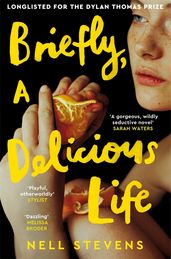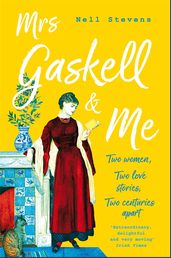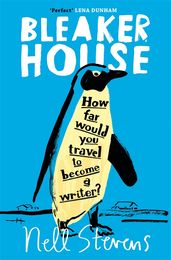
Mrs Gaskell and Me
Synopsis
Winner of the 2019 Somerset Maugham Award
'A great galloping joy of a book - funny, lyrical, fast paced, heart-warming – a delicious celebration of love and life' – Rebecca Stott, author of In the Days of Rain
In 1857, Elizabeth Gaskell set sail for Rome, a city that would prove to be a place of inspiration and love: she would make enduring friendships, and meet a man – Charles Norton – who would become the love of her life.
In 2013, Nell Stevens is writing about Mrs Gaskell in Rome, and falling drastically in love with a man who lives in another city altogether. As Nell chases her heart around the world, and as Mrs Gaskell forms the greatest connection of her life, these two women, though centuries apart, are drawn together, and for Nell, Mrs Gaskell becomes more than a figure from the past. Here is a confidante, a friend, a woman who – living outside the conventions of her time – might have some wisdom to offer Nell.
Mrs Gaskell and Me is about unrequited love and the romance of friendship, it is about forming a way of life outside the conventions of your time, and it offers Nell the opportunity – even as her own relationship falls apart – to give Mrs Gaskell the ending she deserved.
Details
Reviews
A great galloping joy of a book - funny, lyrical, fast paced, heart-warming - a delicious celebration of love and lifeRebecca Stott, author of In the Days of Rain
A truly lovely book - acutely observed and honest and melancholyJessie Greengrass, author of Sight
A tender, clever, sublimely crafted book that celebrates the struggles and triumphs of writing, love, and the desire for connectionKiran Millwood Hargrave, author of The Girl of Ink and Stars
Stevens has an analytical eye and a wonderful taste for absurdity . . . All cake is to be both had and eaten in this celebratory, charming, thoroughly fictional book.Claire Harman, The Guardian


